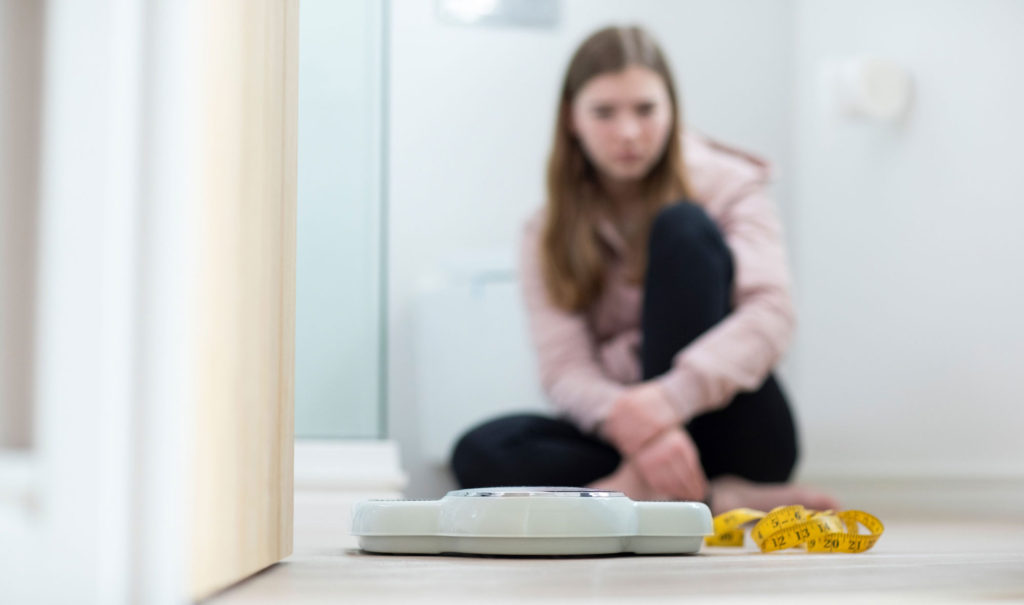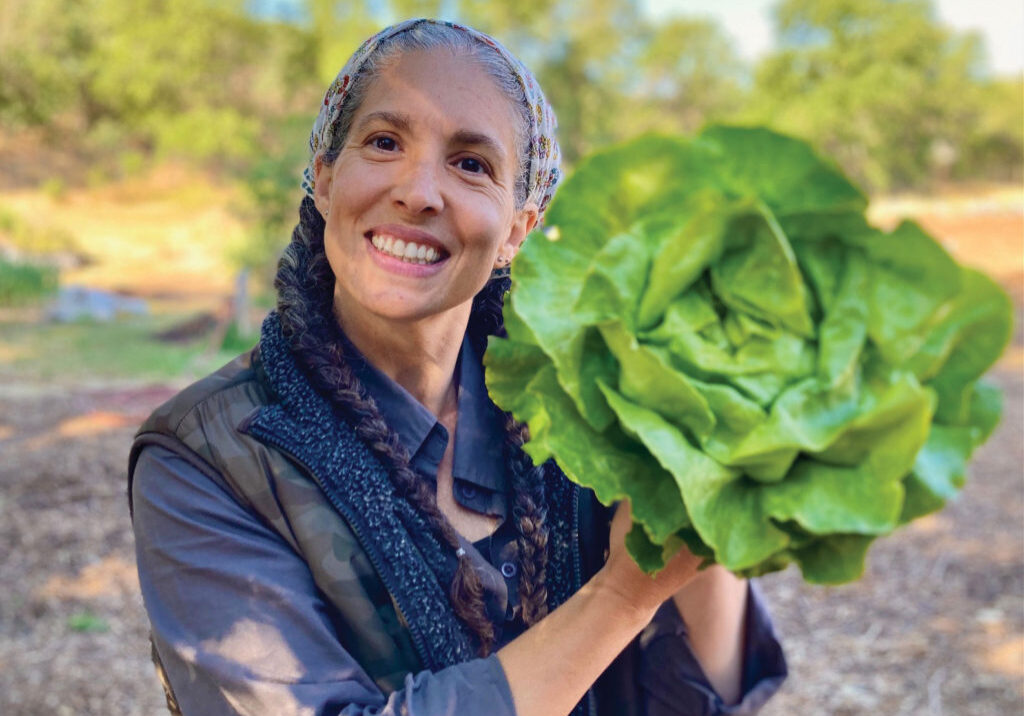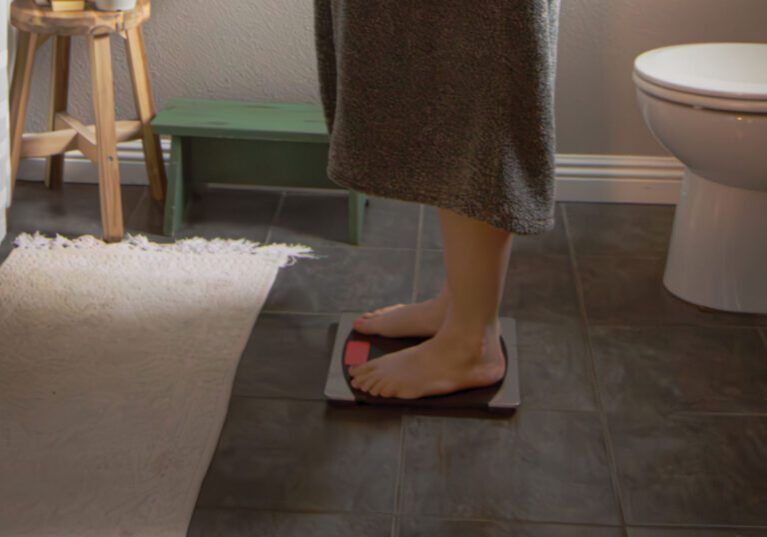David’s mom is fat. She needs to go on a diet.” When my sweet kindergartener innocently uttered this line after school one day, I couldn’t hide my shock. After experiencing my own body image ups and downs, I’d tried to protect my young kids from talk about weight loss and dieting. Faking composure, I countered with, “Oh? Um, where did you hear that?”
She explained, unfazed. “David’s mom said it herself. She was at school today and told my teacher, ‘I’m fat and I need to go on a diet.’ She said she doesn’t like her butt.” With a throwaway shrug, she skipped off to join her friends on the swings. I was swinging, too — between anger that my 5-year-old had been introduced, albeit accidentally, to the idea of dieting for weight loss, and relief that she hadn’t come up with the “too fat” judgement herself.
Mostly, though, I felt powerless. I’d tried to shield my child from diet culture and failed. Despite my efforts, the world’s message that our bodies are never good enough had found her.
Diet culture rarely achieves its goal
The term “diet,” of course, isn’t necessarily a dirty word. But equating thinness with virtue and encouraging the pursuit of a physical ideal through food restriction — the ideas central to “diet culture”—are problematic, says Amee Severson, RDN, a registered dietician whose work focuses on body positivity, fat acceptance, intuitive eating and social justice.
Though diet culture often passes for “wellness” or “clean eating,” it rarely achieves its goal, because people stop tuning into their own body’s signals about hunger and satiety, says Severson. By elevating thinness as the ideal physical state, moralizing food as good or bad, and promoting rule-based eating, diet culture disconnects people from their bodies’ actual nutritional needs. That might be why, even though one-third of Americans are on a diet any given time nearly all dieters regain lost weight within a few years.
Dieting can lead to disordered eating
Like any effort toward self-improvement, dieting is well-intentioned. It’s also completely normal and accepted in our society, but that doesn’t mean it’s good for our bodies or minds, says Severson. “Even when it’s called ‘clean eating’ or ‘wellness,’ making food choices that don’t come from your own body’s cues, food choices that come from rules or moral judgements about good food or bad food, is considered disordered eating.”
Whether we like it or not, kids observe this type of disordered eating along with ideas about the right kind of body to have. Even well-meaning comments about body size, from “She’s really trimmed down! She looks great!” to “I’m just worried about his health,” can breed intolerance and exclusion at school and on the playground, says Severson. “Kids notice when we judge bodies, others’ or our own. Being fat is still viewed very negatively, and fat people are still the butt of jokes.”
Diet culture harms the mental and physical health of many people
Not surprisingly, kids quickly turn this type of judgement on themselves.
Kids aren’t the only ones harmed by diet culture, of course. By marginalizing people who fall outside the societal “ideal” of white thinness diet culture harms the mental and physical health of trans people, people with different abilities, people with larger bodies, and people of color, says Christy Harrison, RD, host of the Food Psych podcast.
For Ivory Bruinsma, a certified fitness instructor in Tacoma who shares her journey with body acceptance through her Instagram account @vibrantbrowngirl rejecting diet culture meant rejecting the white standard of thinness.
“I had to stop chasing white thinness and what white beauty looks like, because that’s what I mostly see in our culture,” says Bruinsma.
Unlearning diet culture can take decades, says certified health and running coach Rose Coates, so it’s worth trying to prevent kids from absorbing it in the first place. “I was raised in diet culture, with Tab, Slim Fast, and the whole thing.”
Now a race director who organizes inclusive Sporty Diva run/walk events, she models a healthier approach to food, one that doesn’t involve calorie counting, for her twin granddaughters. “It took me awhile to get here, but I’m trying to show them a healthier way,” she says.
Ways to fight diet culture
One way to fight diet culture: teach kids that “fat” is not a bad word, says Severson. “Fat is just another descriptor; I have brown hair, you’re short, I’m fat. It’s just a body size, and not a moral indicator of a good or bad human. The more we can teach kids that, the more we can fight back against diet culture.”
When well-meaning friends or relatives comment on a child’s size or food choices, a simple “Please don’t comment on our food or our bodies” is in order, says Severson. “As parents, we’re the protectors of our children’s bodies.”
Prioritize health without promoting restrictive eating
Families can prioritize health in a way that doesn’t promote restrictive eating, says Bruinsma. A few years ago, her doctor advised weight loss after she survived stage-3 colon cancer. She resolved to find a way to heal her post-cancer, post-chemotherapy body without succumbing to diet culture or exposing her kids to restrictive eating.
“I was really hyper-aware about talking about weight loss in front of my kids,” she says. “They would ask why I was working out and I’d say, ‘Mama wants to be strong and play with you.’ If they saw me weighing myself, I’d say, ‘I’m checking how strong I am!’”
Kids pick up on our beliefs
Even if we don’t think they’re watching, kids pick up on our deeply held beliefs about fat and thin, good and bad, and who is worthy of love, says Bruinsma. And before parents can keep diet culture from consuming their kids, they might need to heal themselves. “When I started my body acceptance journey, I literally stood naked in front of a mirror, at 200 pounds, and named each body part and why I loved it. I love my legs because they carry me where I want to go. I love my stomach because it carried three babies. No matter what my body looks like I’m worthy, and I’m enough.”
For my part, I’ve found stronger footing since my daughter’s innocent introduction to dieting in her kindergarten classroom. Though I know I can’t completely shield her or her siblings from diet culture, now I know I’m strong enough to fight back. And David’s mom, if you’re out there—you’re strong enough too.
Body Positive Media to Share With Kids
Social Media
Chrissy King (social media account)
Body Positive Panda (social media account)
Yours Truly Melly (social media account)
Food Psych Podcast
Books
Ages 0-5
Shapesville by Andy Mills
Your Body is Awesome: Body Respect for Children by Sigrun Danielsdottir
Ages 6-11
Amanda’s Big Dream by Judith Matz
Meet ClaraBelle Blue by Adiba Nelson
Ages 12 and up
45 Pounds (More or Less) by Kelly Barson
Dumplin’ by Julie Murphy
Posted in: Health & Nutrition
Comment Policy: All viewpoints are welcome, but comments should remain relevant. Personal attacks, profanity, and aggressive behavior are not allowed. No spam, advertising, or promoting of products/services. Please, only use your real name and limit the amount of links submitted in your comment.
You Might Also Like...
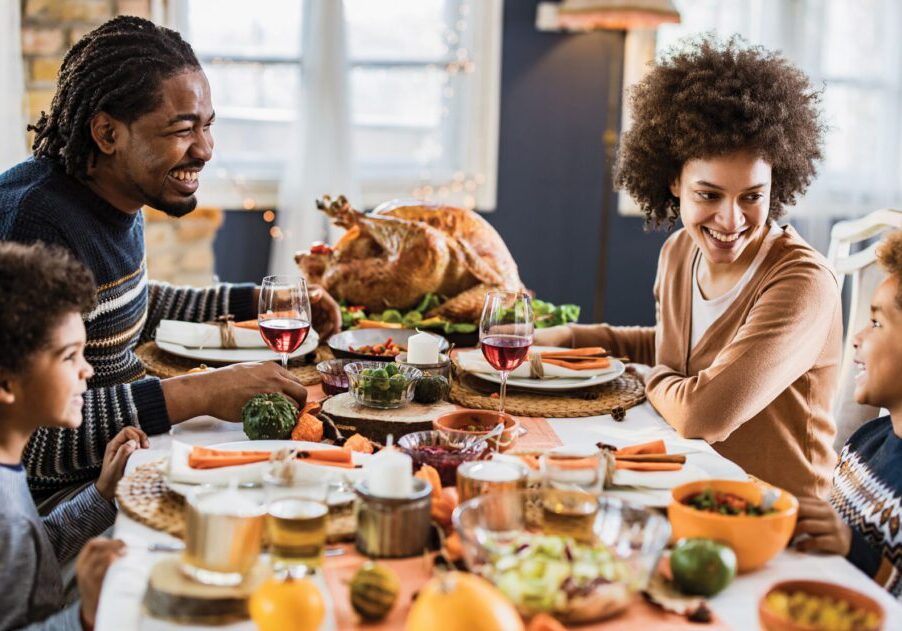
Healthy Holiday Feasting
The holiday season is upon us, which also means that feasting season has begun! Whether hosting family and friends at your home, contributing to a potluck or attending family gatherings […]
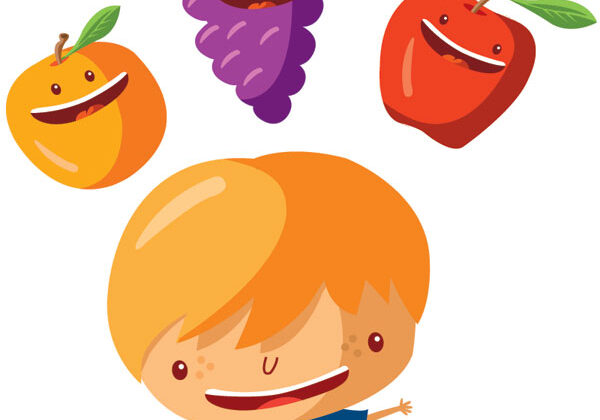
Mindful Eating: Helping Your Child Make Healthy Food Choices
Good eating habits begin at home. Choosing mindfully what you feed your family, making healthier choices when eating out, and partnering with your child’s school are several important ways you […]
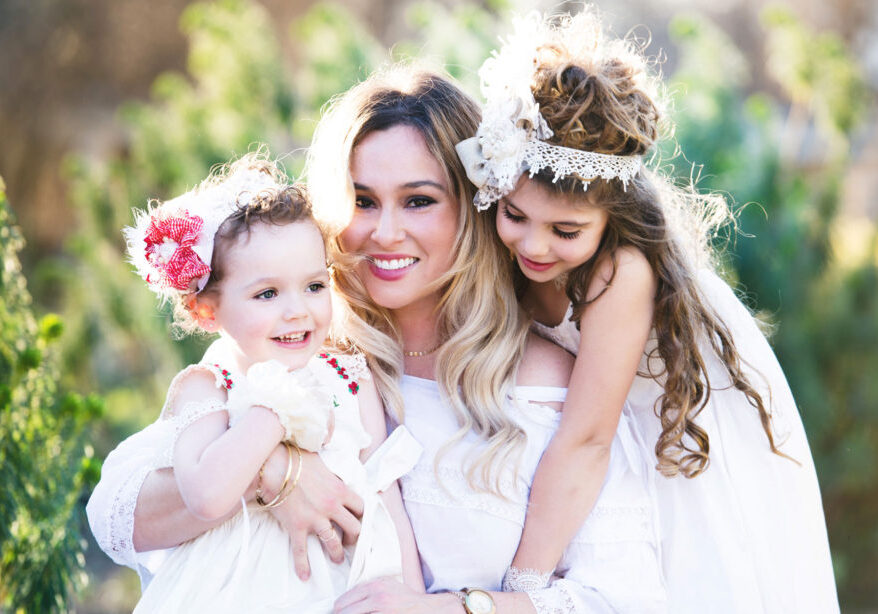
Self-Care for Parents
Do It for Yourself, Do It for Your Kids Have you heard the coronavirus pandemic of 2020 likened to a war? In traditional ground-fought wars, the command post behind the […]

Teens and Vaping – A Parents’ Guide
In 2015, JUUL Labs, a manufacturer of electronic nicotine delivery devices (more commonly known as a vapes), introduced the first high potency nicotine of its kind called “nic salts.” Nicotine […]


